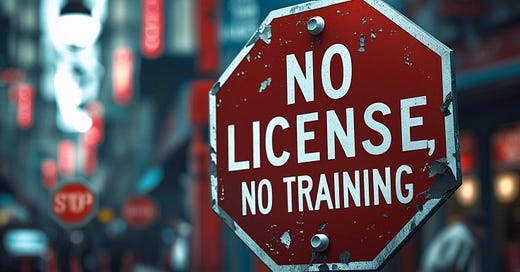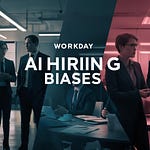Disney and Universal have entered the fight, filing a landmark lawsuit against AI startup Midjourney for copyright infringement in June 2025. The studios accuse Midjourney of pirating entire libraries of their most iconic characters—Darth Vader, Elsa, the Minions, without permission.
The Timeline of Events
Prior to June 2025 – The studios requested Midjourney stop using their copyrighted works, but the company allegedly ignored these requests.
June 2025 – Disney and Universal file a joint lawsuit against Midjourney in U.S. District Court, Central District of California, alleging copyright infringement.
June 2025 – Disney and Universal demand a jury trial, arguing that Midjourney’s actions threaten to “upend the bedrock incentives of U.S. copyright law”.
June 2025 – Midjourney has not publicly responded to the lawsuit, but CEO David Holz previously defended AI training practices, comparing them to human artists learning from existing works.
What’s at Stake?
Hollywood’s first major lawsuit against AI-generated content
Push to force AI companies to license copyrighted works upfront
A precedent that could reshape AI training forever
Why Midjourney Could Lose
Disney and Universal aren’t just suing, they’re making an example. The lawsuit calls Midjourney “a bottomless pit of plagiarism”, arguing that AI-generated images threaten the foundation of U.S. copyright law. If the studios win, AI companies will be forced to rethink their entire approach to training models, shifting from unrestricted scraping to licensed data agreements.
The Bigger Picture: AI’s Free Ride Might Be Over
Midjourney’s defense echoes what Sam Altman said about OpenAI’s AI-generated Ghibli-style images, that AI learns like human artists, absorbing styles rather than directly copying. But Studio Ghibli co-founder Hayao Miyazaki rejected this idea, calling AI-generated art “an insult to life itself”.
Hollywood isn’t just fighting for copyright—it’s fighting for control over creativity and its intellectual property. Studios see AI as an existential threat to storytelling, animation, and digital labor. If this lawsuit succeeds, it could reshape how AI interacts with intellectual property, forcing companies to secure licensing agreements before training their models.
Why This Could Be a Win for AI Governance
This lawsuit isn’t just about Midjourney, it’s about setting the rules for AI’s future. AI governance has struggled to keep pace with rapid advancements, but this case could force robust legal boundaries on how AI models are trained.
Stronger copyright protections – If Disney and Universal win, AI companies may be required to license copyrighted works upfront, preventing unauthorized scraping.
Transparency in AI training – AI developers rarely disclose exactly what data they use. Stronger governance could require clear documentation of training sources and opt-out mechanisms for creators.
Accountability for AI-generated content – If AI-generated images closely resemble copyrighted works, governance frameworks must define liability—is it the AI company, the user, or both?
Precedent for future AI regulation – This lawsuit could accelerate global AI copyright laws, shaping how AI models are trained and who gets compensated for their intellectual property.
What Happens Next?
Win or lose, expect new AI copyright laws and tighter restrictions on training data. If it somehow wins? Hollywood will double down on legal battles, ensuring AI-generated content doesn’t threaten its IP, its business and its dominance.
AI’s free ride is coming to an end. The question now: Does regulation slow its momentum, or legitimize its power?
References
https://www.msn.com/en-us/news/technology/disney-and-universal-sue-ai-image-company-midjourney-for-unlicensed-use-of-star-wars-the-simpsons-and-more/ar-AA1Gwvmo
https://www.geo.tv/latest/598945-altman-defends-ai-art-after-ghibli-outcry-still-a-win
https://variety.com/2025/digital/news/disney-nbcuniversal-studio-lawsuit-ai-midjourney-copyright-infringement-1236428188













Share this post